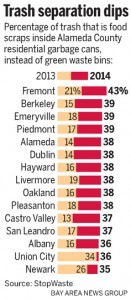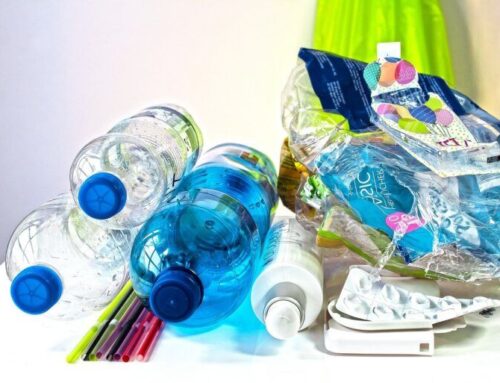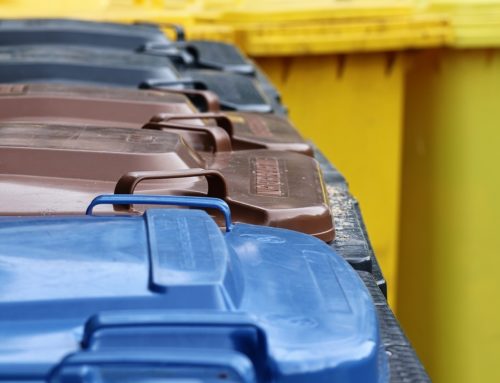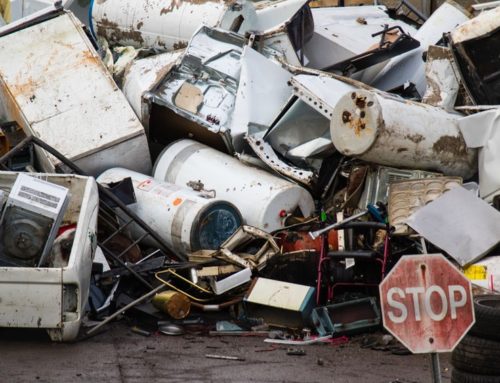It looks like the green bins in the Bay Area are not getting the love they deserve.
In a recent study completed by StopWaste, a public agency tasked with reducing waste, numerous Alameda County cities are showing drastic increases in food scraps being discarded in trash bins in 2014.
The data was complied by workers who randomly sampled 3,000 garbage bins, both commercial and residential, in 15 Alameda County cities. The data shows that all 15 cities added to the percentage of food scraps in the trash compared to data collected in 2013. For example, the city of Fremont more then doubled its figure, going from 21 percent to 43 percent. On the lower end, Union City only saw a 2 percent increase, although they were the outright worst performing city going into 2014.

Several possible reasons for this unsettling trend have been hypothesized, one being that transplants new to the Bay Area are not familiar with the concept of separating food scraps from trash, a practice not particularly common in the US. Another could be that folks who were actively composting in 2013 are simply tired of the process.
Composting and recycling organics can be a messy (and sometimes smelly) job, but it is a huge weapon in the fight against global warming on this planet. Organic matter, when mixed in with regular trash, greenhouse gases like methane get released which contributes to the depletion of the ozone layer.
Below you will find some tips that will hopefully make collecting organic was easier in your household:
- Remember what can and cant be put in the green bin:
- Good: all food scraps (meat and bones, cereal, dairy, coffee grounds, fruit, veggies), food-soiled paper (paper towels, plates, napkins, pizza boxes, paper bags, coffee grounds), yard trimmings (grass clippings, tree clippings)
- Bad: plastics, glass, metal, liquids, pet waste
- Line both your indoor and outdoor organics bins with crumpled newspaper to help absorb any moisture. Replace the newspaper frequently to keep it from getting too soaked and stuck to the bottom.
- Aviod animals and bugs by keeping your outdoor green bin away from fences and closed securely.
- Sprinkle rock salt or lime to help kill any insects (like maggots) that might pop up.
- Wrap extra messy organics like meat, fish and in newspaper or put it in a cereal box (without the plastic bag) before adding it to the green bin.
- If possible, freeze meesy food waste untill you are ready to roll your green bin out, it will help control strong odors.
- Empty your household container early and often, and roll your green bin out to the curb even if its not completely full to prevent stink-ups.
- Wash both your indoor and outdoor bins on a regular basis using vinegar or baking soda to kill bad smells.
- Biodegradable plastic bags can help control food waste, but not all recyclers allow them in green bins. Check with your recycling service to see which bags they accept. Most recycling service providers prefer you use paper bags.





Leave A Comment